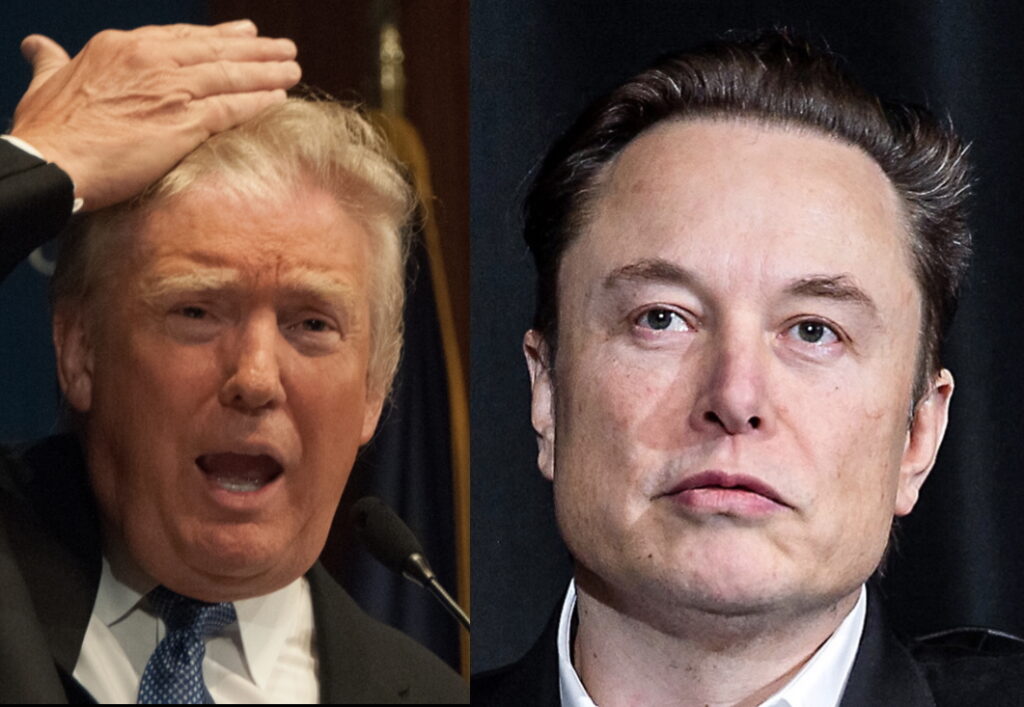Donald Trump and Elon Musk just took a blow

On Sunday, Germany held parliamentary elections several months ahead of schedule, following the collapse of Chancellor Olaf Scholz’s government. There was quite a bit more tension than when Scholz was first elected four years ago, with escalating tensions between that country and Vladimir Putin, now that the latter has invaded Ukraine and hasn’t been too subtle about looking to take the rest of Europe should he prevail.
At the same time, the US has cozied up to not just Putin, but a number of autocratic leaders across the map – including Germany’s recently established far-right AfD Party, who Elon Musk promoted himself regularly on Twitter as the last hope for Germany.
A lot is going to be made of the election results, particularly as AfD, the adamantly pro-Russia party, finished with around 20% of the vote. There’s another way to look at that, however: 80% of voters voted against the pro-Putin party which incoming Chancellor Friedrich Merz has ruled out forming a new government with.
AfD also finished far short of the 25% margin they were hoping for, while the incoming government is adamantly anti-Putin and Elon Musk, for all of the power he likes to pretend he has with his regular social media stunts, is not nearly as influential as he thinks he is – and that means like Donald Trump, we shouldn’t pretend that either of these guys are all-powerful supervillains. They’re inept clowns and we should use every opportunity to paint them as such.
James Sullivan is the assistant editor of Brain World Magazine and an advocate of science-based policy making
